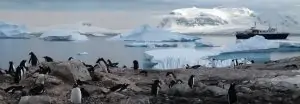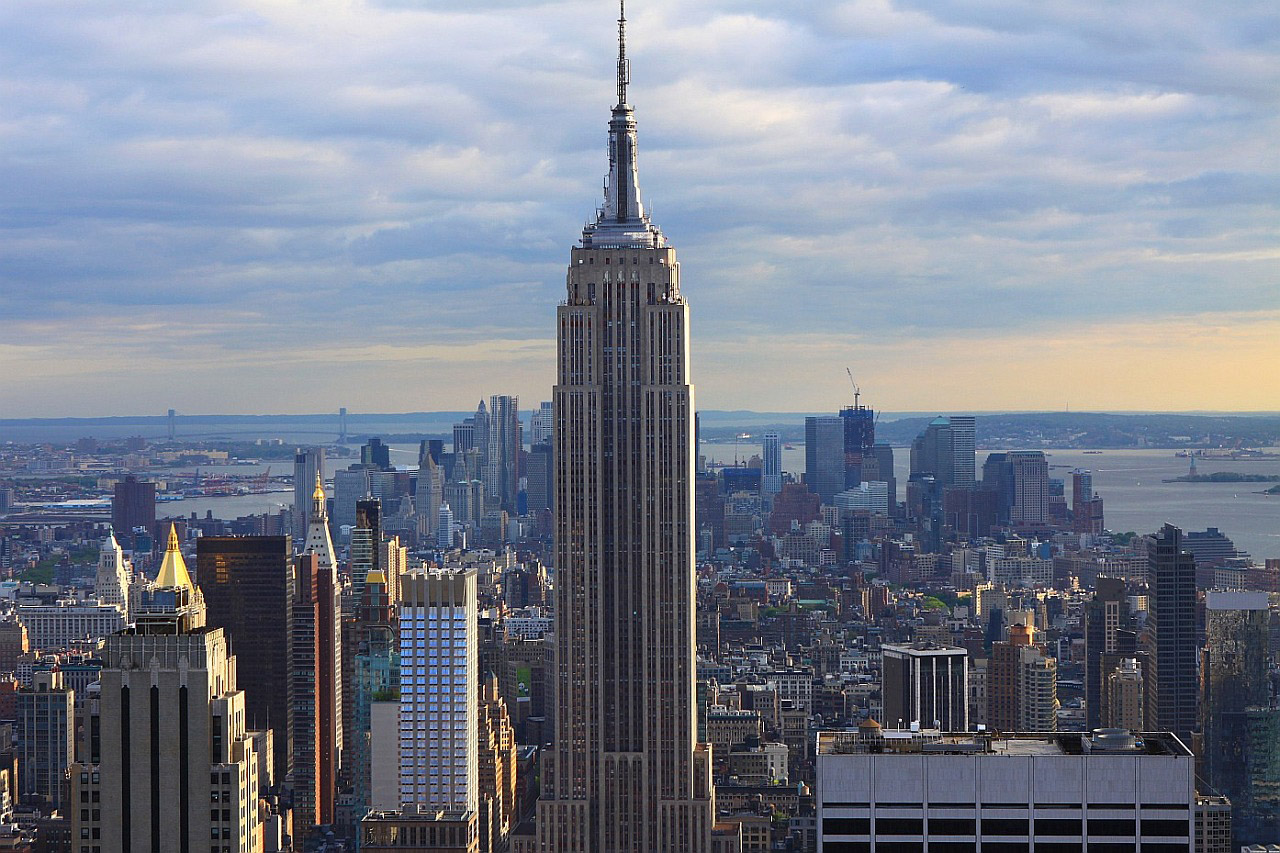- 3-minute read
- 26th July 2016
Rules for Writing Place Names with “The”
We live in the United States of America. Other countries go without a “the” – otherwise known as the definite article – before their names. Why is this? And what is it that makes America so much better than every other country?
![Even our dogs are patriotic. [Photo: Randy Robertson/wikimedia]](https://proofed.com/wp-content/webp-express/webp-images/uploads/2016/07/Screenshot-2020-02-05-at-15.24.50-e1580916320949.png.webp)
In fact, we’ll dedicate this entire blog post to explaining when (and when not) to add “the” before a place name. Read on to find out more!
Countries and Continents
The United States of America is not the only place that uses “the” in its name. There’s also “the United Kingdom,” “the Seychelles” and many others.
Essentially, we use “the” for countries that encompass a group of places. So “the United States of America” is a group of states and “the Seychelles” is a group of islands. Most countries don’t require this article, since they’re considered a single place.
The other situation when “the” is required is when a country’s name includes the word “republic,” like “the People’s Republic of China.” Other examples include:
Definite Article | No Article Required |
The United Kingdom | England |
The Democratic Republic of Congo | Senegal |
The Netherlands | Belgium |
The Czech Republic | Estonia |
It’s worth noting that some regions used to be described with “the” (e.g., “the Ukraine” or “the Argentine”), but that it’s incorrect to add “the” when describing the modern countries associated with these areas (e.g., Ukraine and Argentina).
Since all continents, like “Europe” or “North America,” are singular, none require the definite article. We do, however, sometimes use “the” for the regions to which continents belong, so we might refer “the Antarctic” when discussing Antarctica.
Find this useful?
Subscribe to our newsletter and get writing tips from our editors straight to your inbox.

States, Cities and Regions
States (e.g., Utah, Tennessee, Alabama) and cities (e.g., Michigan, Paris, Beijing) are almost always treated as single places. As such, they do not usually require the definite article.
When discussing specific regions, on the other hand, it’s fairly common to add “the” before the place name. For instance, we might say “the Midwest of America” or “the South of France.”
Lakes and Mountains
Single lakes and mountains do not generally require the definite article (e.g., Lake Erie, Mount Hayes). It’s important to check, however, since there are exceptions, such as “the Matterhorn.”
Furthermore, we do use “the” when describing a group of lakes (“the Great Lakes”) or a mountain range (“the Rockies”). It’s also conventional to use “the” when naming oceans (“the Atlantic”) and rivers (“the Mississippi”).
Buildings, Streets and Monuments
There are no special rules for whether buildings and place names require the definite article, so the best thing to do if you’re unsure is check. Examples include:
Type of Place | Definite Article | No Article Required |
Building | The Empire State Building | Buckingham Palace |
Street | The Mall, London | Broadway, New York |
Monument | The Statue of Liberty | Christ the Redeemer |





